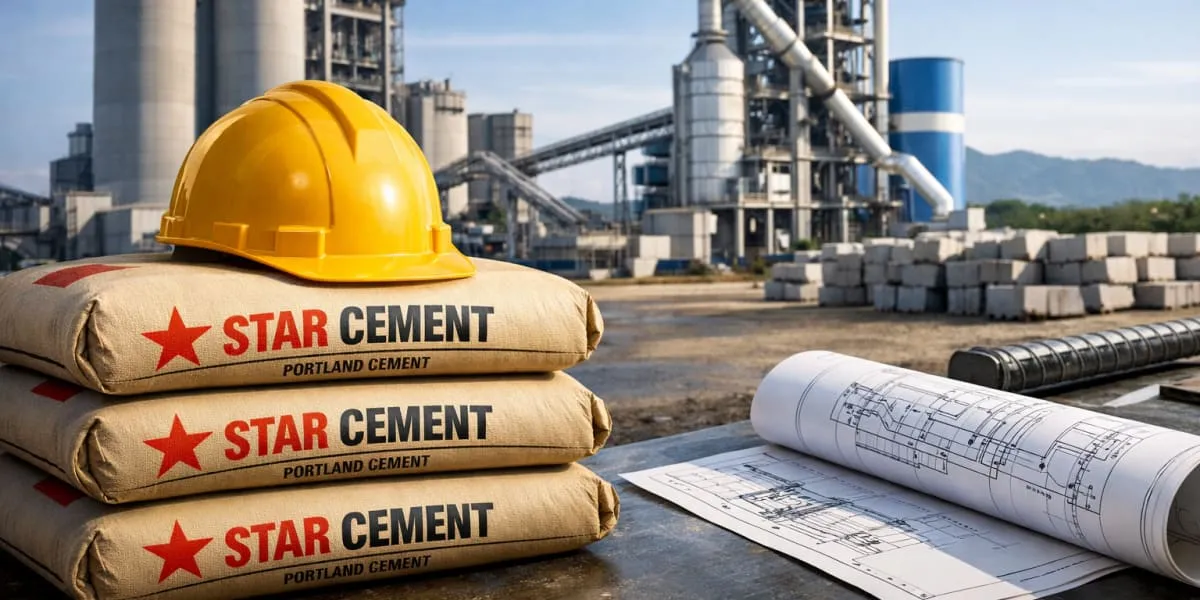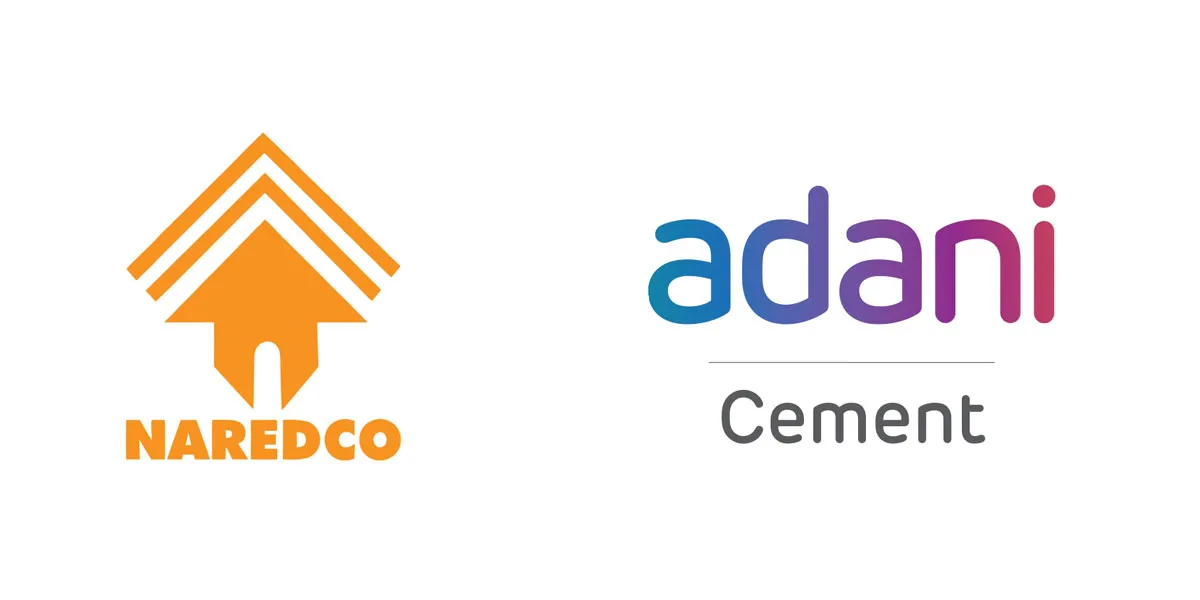ICR explores the challenges faced in maintaining gears and drive systems and optimising the manufacturing process.
Cement making process is cumbersome and involves the use of heavy machinery from raw material handling to finished product dispatches. Most of the tasks in the cement and concrete industry are performed in the toughest conditions with involvement of heavy loads, extreme temperatures, pressure, dust etc., in order to run the small and big tasks of the process. It thus becomes extremely important to rely on intelligently engineered and efficient gears and drives for the robust equipment and machinery to keep the systems running and make the production process as smooth as possible in the given conditions.
The gears and drive system of a cement making plant can make or break the process. Thus, it is essential that keen attention is paid to the quality, maintenance and durability of these gears and drives, so that they support the heavy duty applications of the industry.
A cement plant functions on heavy equipment from raw material stage to dispatches. Gears and drives are required in all of them like conveyors, stackers, feeders, impactors, crushing hammer, reclaimers, pulleys, separators, loaders etc. All of these require strong holdings with gears to enable the processing of cement at various stages.
Cement gears are made from high-quality forged rims in electro-welded carburised steel structure using a special process and quality ground. Welds of the cement gearbox are performed by a complete preheating and cooling process due to the different carbon contents and different thermal expansion system of each bearing.
Equipment focussed
A horizontal ball mill is used for grinding of raw material and clinker. The lateral drives required for this equipment are ring gears, pinions, pillow blocks, gear reducers, auxiliary drives and a range of integrated side drives. The central drives required for the functioning are split torque gear reducers, gear couplings, grid couplings and auxiliary drives for power ranging. An alternative to horizontal ball mill is the vertical ball mill that requires bevel-helical-planetary gear reducers.
Kilns used in the cement manufacturing system process raw materials through precalciners before entering a rotating horizontal cement kiln. This would require conventional drive systems, which include ring gears, pinions with pillow blocks, main gear reducers, couplings and auxiliary drives. These drive systems enable the absorption of shell movements and deformation generated by the process.
Key Gears and Drives
Planetary Gearbox: This gearbox, with advanced research and development in the field of engineering, supports high flexibility and customisation to suit various mountings for particular applications, high efficiency, high torque to weight ratio (compact) and wide range of gear ratios. They can be offered in multiple input and output configurations. They contain co-axial drives, ability to handle high overhang load capacity and modular construction.
Bevel Planetary Drives: These drives are designed in consideration to fit in space constraint areas and to perform heavy duty tasks like crushing of clinker and raw materials. Key features of these drives include extended shaft available for encoder or brake mounting, motor orientation in multiple directions, a right angle drive and availability in different mountings, foot and flange with different input and output configurations. They have a high reliability and are best suitable for slow speed applications and high torque requirements.
Planetary Geared Motors: Suitable for various industry applications, these geared motors have a high torque to weight ratio. They are designed in a modular format and could be back stropped as well. The benefits of planetary geared motors include repair of individual motors, ease of maintenance, suitable for rugged constructions and adaptable for various mounting positions.
Challenges
While gears and drives support the functioning of various equipment in cement plants, they come with their own set of challenges. operating in extreme environments and for extended periods of time, these kilns are subjected to a significant amount of stress, which leads to wear and tear and eventually failure that becomes a cost center to the business.
Mechanical challenge in the rotary kiln management maintaining the efficient operation of girth gear and pinion meshing. Misalignment during production creates uneven and unstable stress concentration on the teeth, resulting in component damage. Sudden temperature changes on the shell circumference close to the girth gear.
Conveyor belts through the cement plant carry heavy loads and are mostly located in areas from where raw material is obtained. Driven by motors and built with bearings, they have to be greased in a certain frequency for maintenance and prevention of damage from dust. Since conveyors are often outside and open to all weather conditions, it is not uncommon to choose a water-resistant grease to inhibit water ingress. Open gears and gearboxes in multiple equipment of the cement plant require regular maintenance and greasing to keep them from incurring frictional damage and wear.
Other typical challenges with gears and drives in the cement plant include loosening of nuts, bolts, springs, plates, spring rods, flywheel, bearings, shaft, coupling housing, hammer rotor etc., which would require them to be fixed and regularly checked.
Gear knocking, gear tooth wear, gear deformation, gear pitting and spalling leads to expenses and replacement costs. These bearings are replaced frequently to ensure all equipment in the cement plant runs without any hindrance.
-Kanika Mathur


 Economy & Market4 weeks ago
Economy & Market4 weeks ago
 Economy & Market4 weeks ago
Economy & Market4 weeks ago
 Concrete1 month ago
Concrete1 month ago
 Concrete2 weeks ago
Concrete2 weeks ago



















